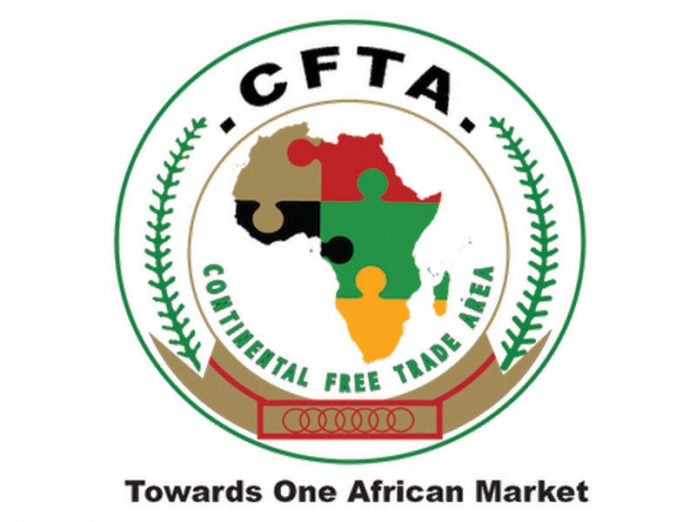Mr Mansur Ahmed, President, Manufacturers Association of Nigeria (MAN) has said that Nigeria’s sugar, cable and copper industries among others would largely be optimised under the Africa Continental Free Trade Area (AfCFTA).
Ahmed made this known on the sidelines of the 2022 Edition of the MAN Reporter of the Year Award and Presidential Media Luncheon on Thursday in Lagos.
He noted that before now, Nigeria had exported raw sugar from a different continent; a phenomenon, he said, was soon to change with the liberalization dynamics of the AfCFTA.
Data from the National Sugar Development Council revealed that in 2020, Nigeria imported 1,531,473MT 9f sugar out of the 1,650,000MT demand estimate.
Ahmed said that before the maturity of the Backward Integration Program under the Nigeria Sugar Master Plan, the AfCFTA would help address sugar importation to develop the country’s current sugar capacity.
“Refined sugar in retail packs is banned but refinery operators undertaking Backward Integration Programmes in the country are allowed to import specific quantities of raw sugar in quotas to be approved by the President.
“Raw sugar can be gotten in commercial quantities from countries such as Sudan and Egypt and that would help develop both Nigeria’s and the Continent’s economy.
“Already, we have strong cable manufacturing companies but the raw materials to produce cable, copper and a host of other items critical to manufacturing would be sorted under the AfCFTA,” he said.
The MAN President advised manufacturers operating in closely linked sectors to work together to get the necessary improvement, incentives and funding for the whole sector.
“Textile manufacturing, garment and apparel subsectors, and other related sectors are closely linked, and when key sectors work together that is the only way we can see an improvement in the whole sector.
“While they are working in different sectors, even when the Central Bank of Nigeria (CBN) and other government agencies provide incentives, for example, the intervention for cotton growers but because that intervention was not extended to manufacturers, the cotton was grown but there was no value for it.
“Our hope is that we will continue to align the links in the sector and see that each link contributes its quota and benefit from every interventions going forward,” he said.
Ahmed, however, stressed the need to move faster with environmental, institutional and other matters to drive maximum participations under the AfCFTA.
He expressed the Association’s commitment to helping members improve quality and efficiency in production to engender competitiveness under the AfCFTA.
The MAN Boss lauded the media for their contributions as partners in building a productive and prosperous nation by advocating for a more conducive manufacturing environment.
He implored journalists to continue to give the sector more critical attention, given the plethora of challenges faced in the course of production.
“You will agree with me that the manufacturing sector deserves critical attention.
“We are expectant that with your consistent push and noticeable collaboration there would be improvement in the manufacturing landscape,” he said.




